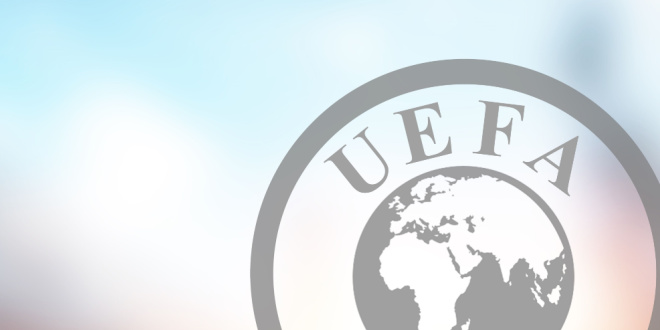In the first round of the UEFA Europa Conference League qualifiers, two matches have been flagged for potential match-fixing.
It has been reported that there were signs of suspicious gambling patterns during Armenian side Alashkert’s 6-1 second-leg win over Arsenal Tivat of Montenegro.
The other was during Latvian team RFS’s 4-1 win over Makedonija GP from North Macedonia – also a second-leg tie played on 20 July. UEFA has detailed that it is conducting an investigation into those involved.
The football body said in a statement: “In line with its long-standing practice, UEFA refrains from commenting on investigations or even the existence of potential investigations into alleged match-fixing so as not to compromise investigation processes.
“With regards to anti-match-fixing activities at national level, UEFA provides a wide range of expertise to its national associations and, in particular, to its network of Integrity Officers appointed in each national association.”
With both Alashkert and RFS getting eliminated in the second qualifying round, none of the four teams involved in the aforementioned matches will be playing in the group stage.
“Our club always sets only the highest standards on the pitch and also outside the pitch. Integrity principles are the essence of football,” a spokesperson for Latvian team RFS told The Athletic.
“We always prove everything on the field. The two matches against Makedonija, which we won and went to the next round, were no exception from our side. This is all we can comment.”
With the Europa Conference League allowing for lower-market teams to get a hold of UEFA prize money, there has been reports of a greater risk of match-fixing during such competitions due to an ‘increased incentive’.
UEFA states on its website: “UEFA is following a strict zero-tolerance policy, and serious sanctions (including lifetime bans from football) have been imposed in cases where players, officials or referees were found guilty of breaching these provisions.
“Close cooperation involving the exchange of information between public authorities and sports bodies is essential. Indeed, it is vital that criminal investigations can benefit from a good insight into the unique features of the sports sector and sports betting markets. This would be of assistance in the detection and prosecution of serious crime.”
It was in 2021 that UEFA signed a joint cooperation agreement with the International Federation of Professional Footballers FIFPRO, which now facilitates ‘closer coordination’ in the fight against match-fixing to include the exchange of information received via FIFPRO’s Red Button whistleblowing app.









